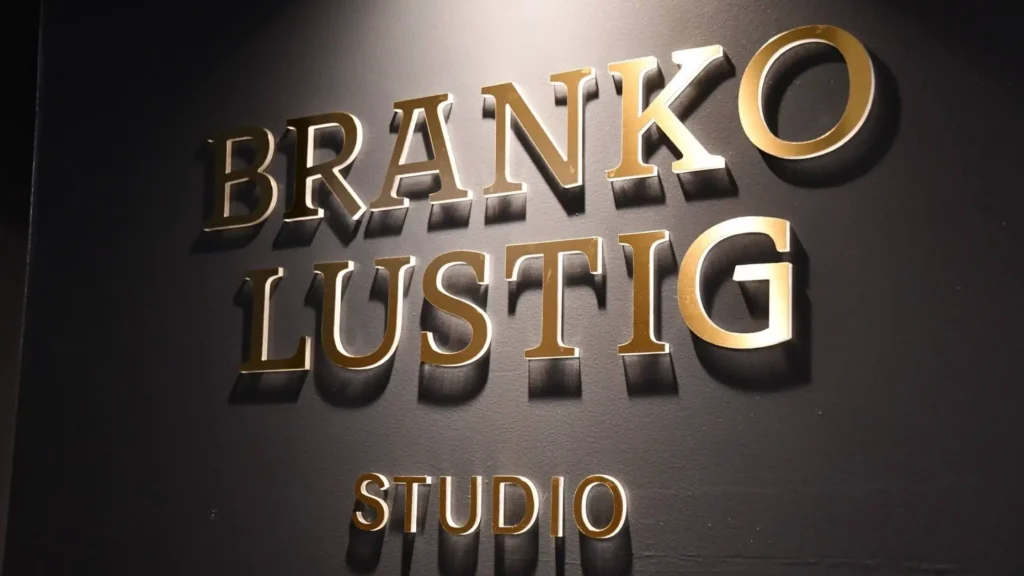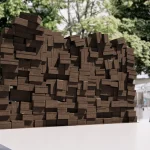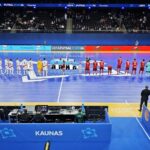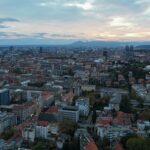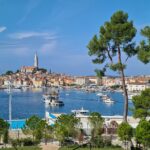The ceremony took place at the US Embassy, which decided to name its new media production studio after Branko Lustig and dedicated a permanent exhibition to him.
Sara Lustig, a special adviser to the Ministry of Foreign Affairs on Holocaust issues, said that her father, who had been interned in concentration camps during the Second World War, had decided to build “an intimate monument” to the Holocaust victims through his films.
“His most important message throughout his life was forgive, but don’t forget,” she said.
Lustig said that the fight against distortion of facts about the Holocaust was more important than ever at the time of the Russian invasion of Ukraine, based on the false pretext of denazification. She warned against indifference towards this conflict and the Russian war crimes, stressing that Ukrainian President Volodymyr Zelenskyy shows what it means to be Jewish – to fight for a larger than life cause instead of spreading hatred, seek justice instead of revenge, be modest and show how to be a leader rather than just talk about it.
Ellen Germain, US Special Envoy for Holocaust Issues, stressed the need for staying vigilant against the abuse and distortion of the Holocaust for other ends, as shown by Russian President Vladimir Putin’s false claims that Ukraine needs denazification.
Branko Lustig was born in Osijek in 1932 and died in Zagreb in 2019. As a boy, he was interned in the Auschwitz concentration camp and later in the Mittelbau-Dora and Bergen-Belsen camps.
He won US Academy Awards for the production of the films Schindler’s List and Gladiator. All his life he was active in spreading the truth and promoting education about the Holocaust.

